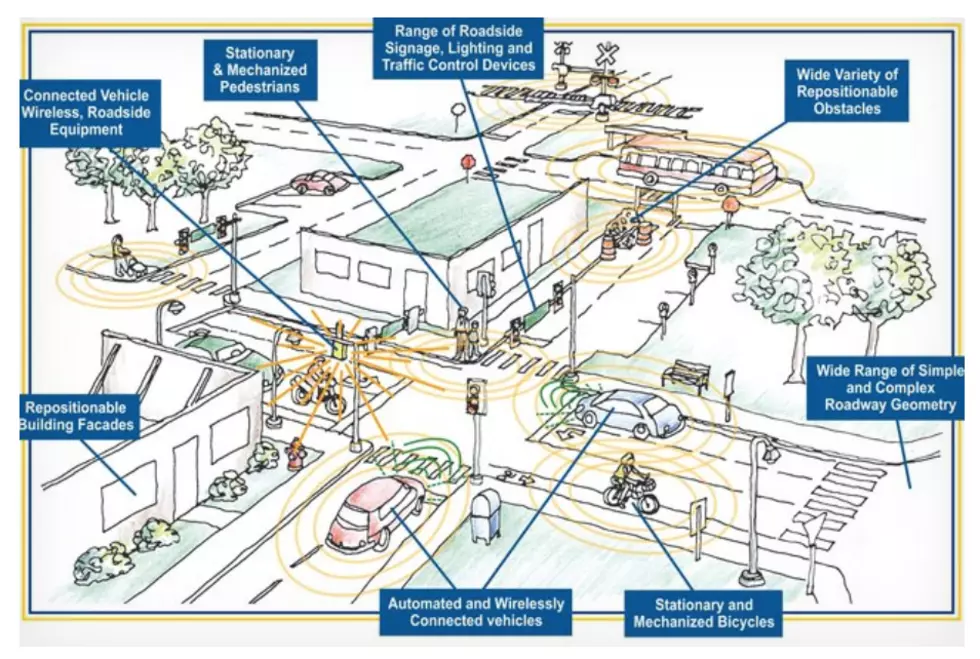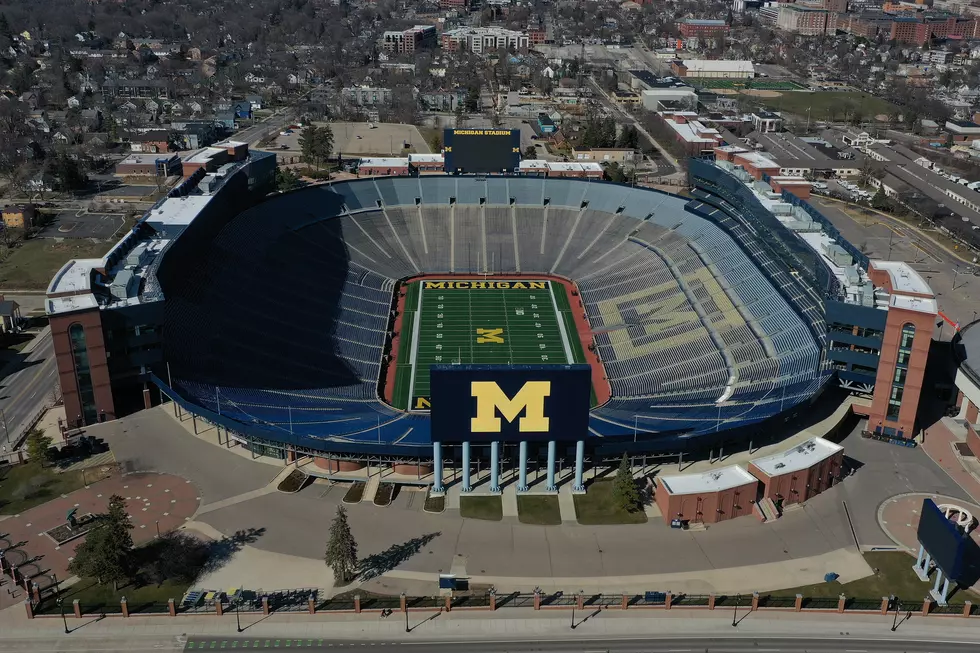
Michigan Building Fake City to Test Self-Driving Vehicles
In an attempt to study the effectiveness of Google’s self-driving vehicles, the University of Michigan’s Engineering College is building a fake city where researchers intend to study how these pilotless cars can handle unexpected road conditions.
The simulated city will encompass 32 acres complete with a four lane highway, which researchers will use to test how well “networked vehicles” operate when put in dangerous situations or unsatisfactory road conditions. It will come with everything a real city has to offer, including “merge lanes, stoplights, intersections, roundabouts, road signs, a railroad crossing, building facades, construction barrels and eventually a mechanical pedestrian.”
Researchers say the facility will be managed by UM’s Mobility Transformation Center, which will initially employ the use of an automated Ford Fusion for the study. “The type of testing we’re talking about doing – it’s not possible to do today in the university infrastructure,” said Ryan Eustice, an associate professor of naval architecture and marine engineering. “Every time a vehicle comes around the loop, it can hit something unusual. That will give us a leg up on getting these vehicles mature and robust and safe.”
Perhaps, one day, this technology will put an end to drinking and driving, not to mention make it less dangerous to receive road head.
More From Banana 101.5









